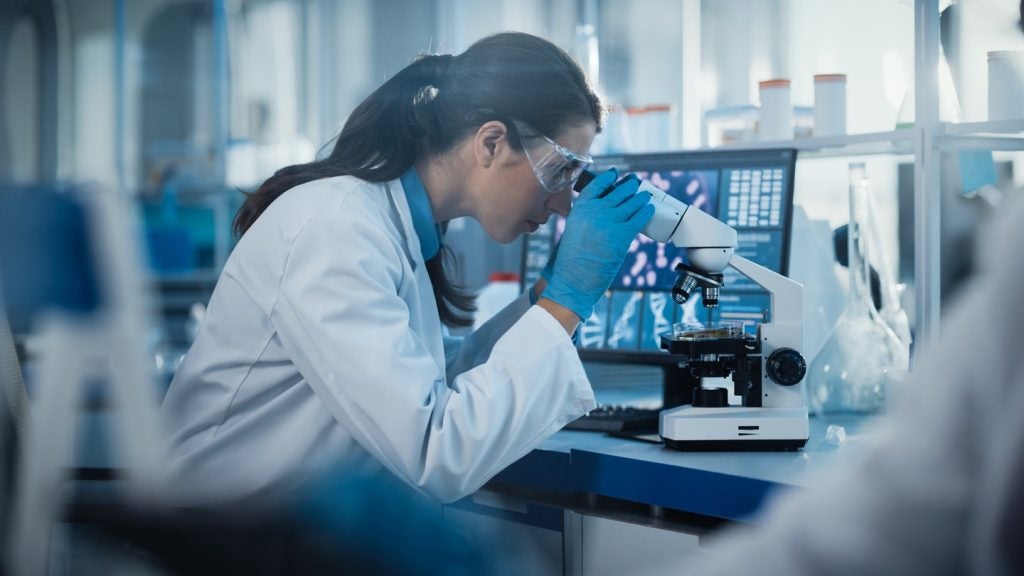Phare Bio, in collaboration with MIT's Collins Lab and Harvard's Wyss Institute, has received $27m from the Advanced Research Projects Agency for Health (ARPA-H) to advance its AI-powered drug discovery platform and develop new antibiotic classes.
The funding aims to address the critical need for new antibiotics amidst the growing antimicrobial resistance (AMR) crisis, which poses a significant threat to global health.
The recent breakthrough in generative AI-based antibiotic design by the company, alongside the Collins Lab, signifies a significant leap in the ability to customise and precisely develop new antibiotics.
The ARPA-H grant will facilitate several key developments at Phare Bio and Collins Lab. They plan to generate millions of new training data points across various drug development parameters, such as toxicology and drug metabolism.
The companies will enhance the clinical precision of AI-based drug discovery efforts.
Phare Bio CEO and president Dr Akhila Kosaraju said: “The AMR crisis is accelerating, but with this collaboration with ARPA-H, another door is opening.
“These funds allow Phare Bio to add unprecedented clinical precision to our generative AI discovery platform and develop the novel and specific antibiotics that patients and physicians so vitally need.”
Phare Bio and Collins Lab aim to create the first open-source database for AI-based antibiotic discovery by sharing their expertly curated datasets. This initiative is expected to propel the research efforts of the next generation of antibiotics researchers.
The collaboration will also incorporate up to ten new "filters" into Phare Bio's generative AI drug discovery engine. These filters will be designed to produce new and targeted antibiotics for specific bacterial diseases, including pneumonia, drug-resistant urinary tract infections and sepsis.
The funding will also support the progression of 15 new AI-generated preclinical antibiotic candidates.









